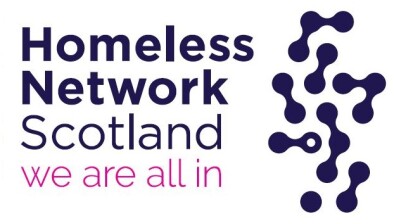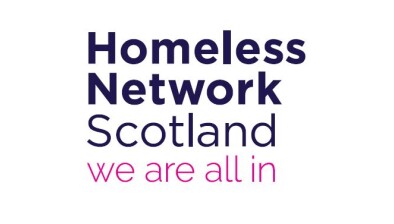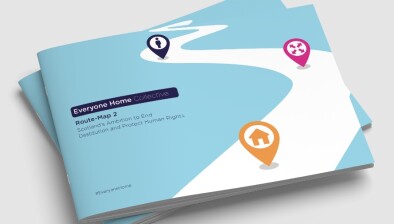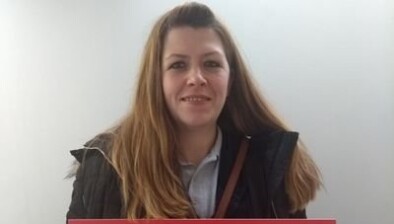#HousingFirstScot: A normal wee place to call home
In the last of four blogs leading up to the Housing First Conference, Maggie Brünjes, Chief Executive of The Homeless Network, sums up.
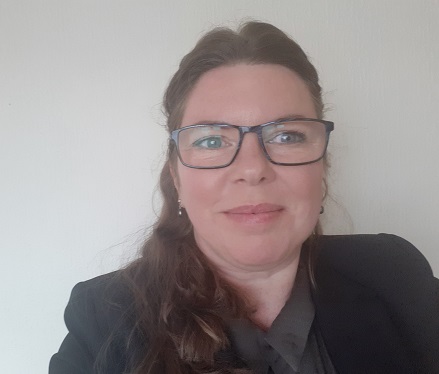
Maggie Brunjes
Listening recently to a senior housing official describe homelessness as ‘normal’ in a modern, western European country reminded me how far we’ve come here in Scotland.
Homelessness is not normal of course; it is permitted, allowed to exist. It is driven by the big social issues of poverty and inequality, interacts with local housing and labour markets and is influenced by how far (or not…) our welfare system provides a safety net.
Some of us are much more likely to experience homelessness, not because of something we’ve done, but because the cards were stacked against us. This uneven risk affects people and places, which means some groups of people are more affected and some places in Scotland are too. Understanding homelessness in this way is important and thankfully is the foundation of Scotland’s new action plan.
Changing the conditions that create homelessness is the hardest part of all. But as a combined force, the homeless network across Scotland would be a strong and influential ally to support the range of work already tackling poverty and inequality. And there are inspiring homelessness organisations already a step ahead – showing ‘place-leadership’, aligning services in communities. Sometimes without having a homeless label, but always with the range of expertise needed to help prevent it.
When homelessness has not been prevented, we must reflect honestly on how our system reacts to it. Because when homelessness hits, it means being squeezed out your housing, your community. Often your income, relationships, your health will take a hit too. Instead of rapidly supporting people back into a community, we built a homeless system around them. Over the years this system has become complex, expensive and difficult to maintain. It means lengthy stays in temporary forms of accommodation, often shared and sometimes poor quality.
There are a number of interests that maintain this in a system intended to help people, but which sometimes makes homelessness worse. As with any system, we applied a set of rules to it then we asked people to live by those rules, a different set of rules to the rest of us. The longer people are homeless, the more damage it causes to wellbeing, opportunities and self-esteem. Our everyday collaboration with people who have direct experience of homelessness leaves me in no doubt about what people are up against, and the very normal things that most people want.
Like many who work in this sector, it’s sometimes hard to feel at home until you know everyone has one – that we’re not there until we’re all there. And this also means looking at how we get there; debate and diversity will fuel the best and most effective collaboration, but let’s resist the temptation to argue against what works, what’s obvious, what’s… normal. Homelessness isn’t normal, but housing is.
People just need a place to call home. And some people need more support than others. Housing First, as part of a broader rapid rehousing approach, is as simple – and as normal – as that.
This article forms part of a special edition of Scottish Housing News dedicated entirely to the Housing First Scotland annual conference next week with contributions from partners making Housing First happen across Scotland. See all articles here.





